The Muslim World League – the world’s largest Islamic NGO – has today completed the Forum on Common Values among Religious Followers event in Riyadh, Saudi Arabia between 10-11 Shawal 1443 H, corresponding to 11-12 May 2022.
The Forum, for the first time in history, convened within Saudi Arabia Christian, Jewish, Hindu and Buddhist religious leaders alongside Islamic leaders to explore shared values and a common global vision for interfaith cooperation. Approximately 100 religious leaders attended the first of its kind conference, including over 15 Rabbis.
Attendees and speakers at the conference include Secretary-General of the Muslim World League, HE Muhammad Al-Issa; Chief Rabbi Riccardo Di Segni (of Rome); Vatican Secretary of State, Cardinal Pietro Parolin; Ecumenical patriarch and spiritual leader to 300 million Orthodox Christians worldwide; His Holiness Bartholomew.
Others are Archbishop of the Orthodox Church of Ukraine, His Eminence Ivan Zoria; Representative of the Patriarch of Russia, Father Daniil Matrusov; President of the (Buddhist) Mahabodhi Society of Sri Lanka, Banagala Upatissa Thero; President, National Association of Evangelicals (United States), Pastor, Rev. Walter Kim; Chairman, Hindu Dharam Acharya Sabha (India), Ven Swami Awdheshanand Giri; Special Adviser to the Chief Rabbi of France, Rabbi Moise Lewin; and the Grand Mufti of Egypt, His Eminence Sheikh Dr. Shawki Allam.
Also in attendance are the Director, International Interreligious Affairs, AJC (American Jewish Committee), Rabbi David Rosen; the United States Ambassador-at-Large for International Religious Freedom, Ambassador Rashad Hussain; Chairman, Iraqi Jurisprudence Council, Ahmed Hasan Taha; and the Secretary-General, World Evangelical Alliance (Germany), Archbishop Prof. Thomas Paul Schirrmacher.
Pressing matters include the need to respect religious diversity and the unique characteristics of every religion/sect. Human rights are universal irrespective of religion, gender or race – and enforced through international law. The need for continued dialogue between religious leaders, institutions and communities to help pre-empt and defuse civilizational clashes. The need for religious leaders to engage in inter and muti faith work to counter extremist ideologies.
Recommendations from the Conference:
Relevant national institutions and United Nations organs must do more to confront all forms of discrimination and exclusion against religious, cultural, and ethnic minorities; And work to create strong and effective legislation in doing so.
Various platforms of influence; especially the media and social media platforms must remain mindful of the moral responsibility entrusted upon them.
We appeal to all countries and the international community to do all they can to provide adequate protection for places of worship, to ensure free access to them, to preserve their spiritual role, and to distance them from intellectual and political conflicts and sectarian strife.
Launching of a global forum called: “Religious Diplomacy Forum for Building Bridges” based on the influential role of religions in human societies, and the important role of religious followers in bridging the relationship between religions and cultures for the purpose of peacebuilding.
To work on issuing an international compilation under the name: “The Encyclopaedia of Common Human Values”.
Inviting the United Nations General Assembly to adopt an international day for “Common Human Values” that celebrates the commonalities between religions and cultures around the world
HE Muhammad Al-Issa, Secretary-General of the host organization, the Muslim World League, said, “The aims of this conference align to the values of Muslim World League, which strives to build humanitarian partnerships for a more cooperative and peaceful world and more harmonious communities. This conference tackles some of the major issues of our day.
“As the world’s largest Islamic NGO, headquartered in the birthplace of Islam in Saudi Arabia, we have a special responsibility to do this work. Whether it is to tackle climate change, to support refugees and vulnerable communities around the world, or simply to spread messages of peace and co-existence, the kind of interfaith trust and cooperation this event is fostering is desperately needed to support those real-world goals.”


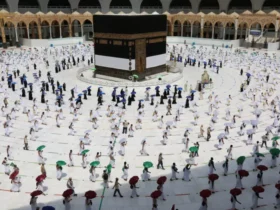
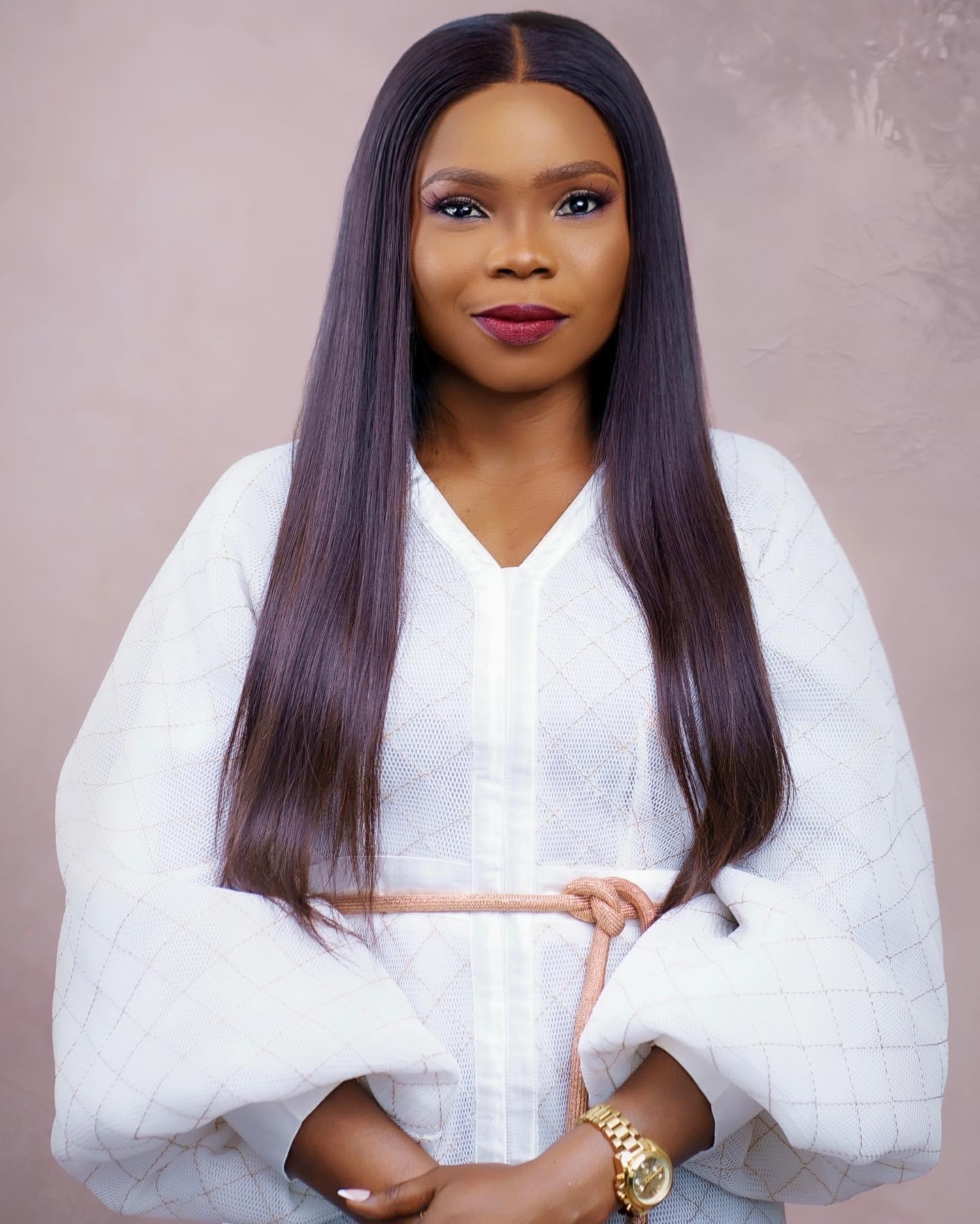
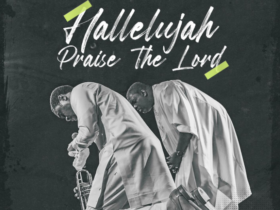

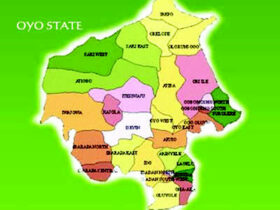
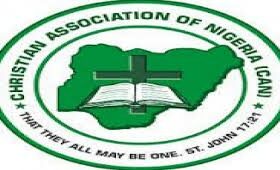
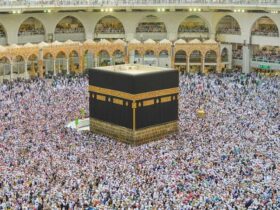
Leave a Reply